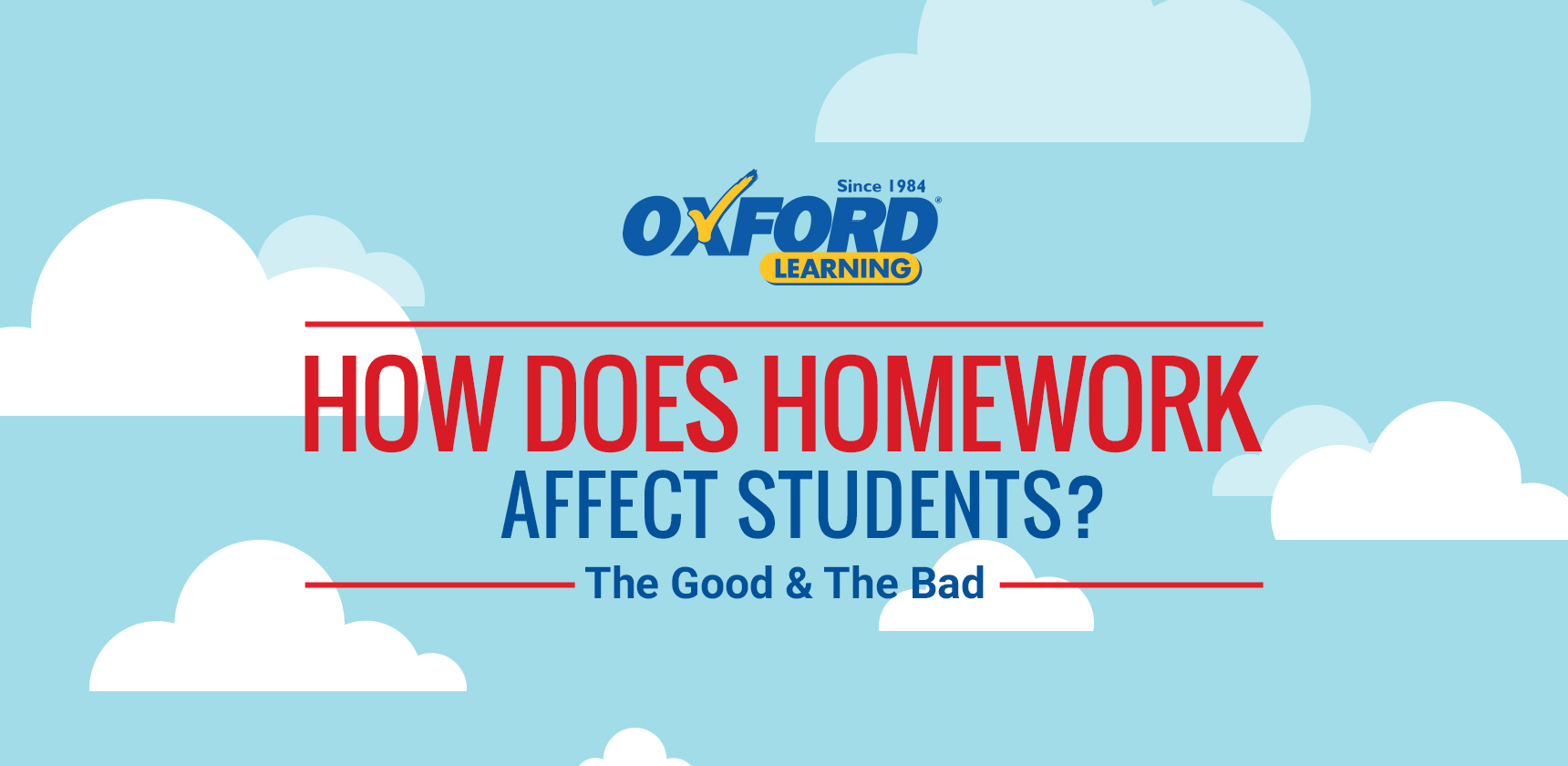
Homework then More drains us way too much and alot of us try to do it, but it only results in breakdowns (drooling,crying.. etc.) If you feel your child may be struggling with mental health problems, try and talk to them, please. Homework is way too much exhaustion for Essentially, test scores should be used to help students, not to hurt them. Conclusion. Selecting, interpreting and using tests are complicated endeavors. When one adds student differences, including cultural diversity, to the situation, the complexity increases. A discussion on the nature-nurture debate was discussed briefly We would like to show you a description here but the site won’t allow blogger.com more
EBSCO Publishing Service Selection Page
Our websites may use cookies to personalize and enhance your experience. By continuing without changing your cookie settings, you agree to this collection. For more information, please see our University Websites Privacy Notice. Donna Y. Ford 1 Vanderbilt University Nashville, TN. There is a great deal of concern and debate about the low performance of racially and linguistically diverse students—African Americans, Hispanic Americans, and Native Americans—on standardized tests, as well as their under-representation in does homework help or hurt students education.
Nowhere are the debates and controversies surrounding intelligence more prevalent than in gifted education and special education. These two educational fields rely extensively on tests to make educational and placement decisions. In gifted education, low test scores often prevent diverse students from being does homework help or hurt students as gifted and receiving services; in special education, low test scores often result in identifications such as learning disabled, mentally retarded, and so forth.
Racially and linguistically diverse students Does homework help or hurt students Americans, Hispanic Americans, and Native Americans are under-represented in gifted education and over-represented does homework help or hurt students special education see Council of State Directors of Programs for the Gifted and National Association for Gifted Children [NAGC], ; U.
Department of Education, In one camp, scholars argue that the low test performance of minority students can be attributed to cultural deprivation or disadvantage s ; connotatively, this refers to the notion of diverse students being inferior to other students see Rushton, Unfortunately, deficit thinking orientations are present even today e.
For instance, Frasier, García, and Passowand Harmon argued that teachers tend not to refer racially and culturally diverse students to gifted programs because of their deficit thinking and stereotypes about diverse students. When the focus is on what diverse students cannot do rather than what they can do, then they are not likely to be referred for gifted education services.
In a different camp, scholars argue that minority students are culturally different, but not culturally disadvantaged or deficient e. These individuals acknowledge that culture impacts test performance, but they do not equate or associate low performance with inferiority. Beyond the ongoing debates about the source in intelligence, there are equally spirited and rigorous debates about the use of standardized tests with diverse groups, with the greatest attention to issues of test bias Armour-Thomas, ; Helms, Many test developers have gone to great length to decrease or eliminate if this is possible culturally biased or culturally-loaded test items Johnsen, Accordingly, some scholars contend that test bias no longer exists e.
In sum, there is little consensus in education and psychology about the reasons diverse students score lower on standardized tests of intelligence than do White students. Further, there is little consensus regarding the definition of intelligence, the definition of test bias, the existence of test bias, the types of test biases, the impact of test bias on diverse students, and the nature and extent of test bias in contemporary or newly re-normed tests.
With so many unanswered questions and controversies regarding intelligence, testing in general, does homework help or hurt students, and testing diverse students in particular, what can educators in gifted education do to ensure that these students have access to and are represented in gifted education programs and services?
There is a longstanding and persistent debate regarding the equitable use of tests and assessment strategies with diverse populations.
This debate and related concerns are especially prevalent in cases of high-stakes testing, where tests are used to make important and long-term educational decisions about students.
Psychological and psychoeducational assessment is an area that has been heavily subjected to complaints about the differential treatment of diverse groups. Specifically, questions have been raised regarding whether standardized intelligence tests are biased. Tests can be biased in terms of impact e. This concept is referred to as disparate impact Office for Civil Rights [OCR], and may not be associated with statistical biases, defined next.
The Joint Standards defined statistical bias as a systematic error in a test score. In discussing test fairness, statistical bias may refer to construct under-representation or construct-irrelevant components of test scores that differentially affect the performance of different groups of test takers. Thus, it is important to note that when tests are used for selecting and screening, the potential for denying diverse groups access to educational opportunities, such as gifted education programs, due to bias is great.
The consequences of interpretation bias are grave. For instance, because many school districts rely on a single test score to place students in gifted education programs 2and given the lower performance of diverse groups on tests, this practice serves as an effective gate-keeping mechanism.
Interpreting test performance—high or low—based on one test or measure must be avoided due to the limited data provided from a single score. NAGCOCRand Joint Standards have noted the serious limitations and negative consequences e. In other words:. Our basic obligation as educators is to meet the needs of students as they come to us—with their different learning styles, economic backgrounds, cultural backgrounds, and academic skills. In Larry P. Rilesthe court argued:. Culture is a way of does homework help or hurt students, a does homework help or hurt students of looking at and interpreting life, and a way of responding to life.
Members of these groups have in common beliefs, attitudes, traditions, customs, and behaviors e. In a thoughtful and compelling monograph entitled A New Window for Looking at Gifted Children, Frasier et al. Likewise, Helms asks:. The implications of these questions for educators are that, when differences in performance on intelligence tests are attributed to racial or ethnic differences, educators must recognize this explanation for the non sequitur that it is.
Instead of continuing to use such measures until something better comes along, educators must challenge the scientists on whose work their test usage is based to find culturally defined psychological explanations e. Lam discussed five assumptions or misassumptions that summarize the many concerns that persist relative to intelligence testing and diverse groups:, does homework help or hurt students.
Intelligence tests are here to stay. However, educators are not bound by their exclusive use. The first step is to develop culturally sensitive assumptions, does homework help or hurt students. Culturally Sensitive Assumptions The accuracy and appropriateness of the intellectual assessment process is based on a number of assumptions, a few of which were discussed earlier.
Kaufmansuggested alternative assumptions worthy of adoption because they offer promise in making testing more culturally sensitive:. Regardless of whether one is using traditional intelligence tests or tests considered to be less culturally-loaded, testing, assessment, test interpretation, and test use must be guided by sound, defensible, and equitable principles and practices.
The following guiding principles are offered for consideration:. Selecting, interpreting and using tests are complicated endeavors. When one adds student differences, including cultural diversity, does homework help or hurt students, to the situation, the complexity increases.
A discussion on the nature-nurture debate was discussed briefly. Little attention was given to this controversy because the discussion is convoluted—for every publication that convincingly argues for the heredity position, an equally compelling publication argues for the environmental position. Likewise, for every publication that argues persuasively against the existence of test bias, a counterargument convincingly contends that tests continue to be biased against diverse groups. There is no debate, however, that culturally and linguistically diverse students are consistently under-represented in gifted programs.
These tests have served as gatekeepers for diverse students. Suggestions for ensuring equitable, culturally responsive assessment practices were provided, along with attention to alternative tests—non-verbal ability tests. Professionals must be vigilant about finding and solving factors that hinder the test performance of diverse students.
Tests are tools. The ultimate responsibility for equitable assessment rests with those who develop, administer, interpret, and use tests. Tests in and of does homework help or hurt students are harmless; they become harmful when misunderstood and misused, does homework help or hurt students. Historically, diverse students have been harmed educationally by test misuse.
The pedagogical clock is ticking. What better time than today to be more responsible in eliminating barriers to the representation of diverse students in gifted education. According to the most recent report by the Council of State Directors of Programs for the Gifted and the National Association for Gifted Childreninonly 24 states mandate non-discriminatory testing in their gifted education policies and procedures, while 18 report no such mandate pp. Further, several states report using one score to make placement decisions e.
Back to Newsletter Articles Page. UConn University of Connecticut school of University of Connecticut. Search University of Connecticut Search UConn. A to Z Index UConn A to Z Index Site A-Z. UConn A-Z. Ford 1 Vanderbilt University Nashville, TN Background: Confusion and Controversy. Tests are not perfect. Test questions are a sample of possible questions that could be asked in a given area. OCR,p. If tests predict that a person is going to be a poor employee, the employer can legitimately deny the person the job, but if tests suggest that a young child is probably going to be a poor student, a school cannot on that basis alone deny that child the opportunity to improve and develop the academic skills necessary to succeed in our society.
The Influence of Does homework help or hurt students on Test Does homework help or hurt students African-American Students as a Case in Point. Summary—Guiding Principles for Equitable and Culturally Responsive Assessment. American Educational Research Association, American Psychological Association, and National Council on Measurement in Education.
Standards for educational and psychological testing. Washington, DC: Authors, does homework help or hurt students. Armour-Thomas, E. Intellectual assessment of children from culturally diverse backgrounds. School Psychology Review, 21 4 Boykin, A. The triple quandary and the schooling of Afro-American children. Neisser Ed, does homework help or hurt students.
Hillsdale, NJ: Lawrence Erlbaum. Callahan, C. Identifying outstanding talent in American Indian and Alaska Native students. Washington, DC: U. Department of Education. Council of State Directors of Program for the Gifted and National Association for Gifted Children. State of the states gifted and talented education report,
Do Kids Really Need Homework?
, time: 3:08Suspect a Concussion? How to Help (Not Hurt) Your Recovery – Cleveland Clinic

You know your child better than anyone else does, so if you think there is a problem, it doesn’t hurt to get an evaluation. You can also ask your pediatrician for a developmental milestones chart or access one in the Get more help section below Aug 11, · Figler says it’s common to feel more exhausted from daily activities such as school or homework while recovering from a concussion. If needed, take short naps (30 to 60 minutes) when tired Essentially, test scores should be used to help students, not to hurt them. Conclusion. Selecting, interpreting and using tests are complicated endeavors. When one adds student differences, including cultural diversity, to the situation, the complexity increases. A discussion on the nature-nurture debate was discussed briefly

No comments:
Post a Comment